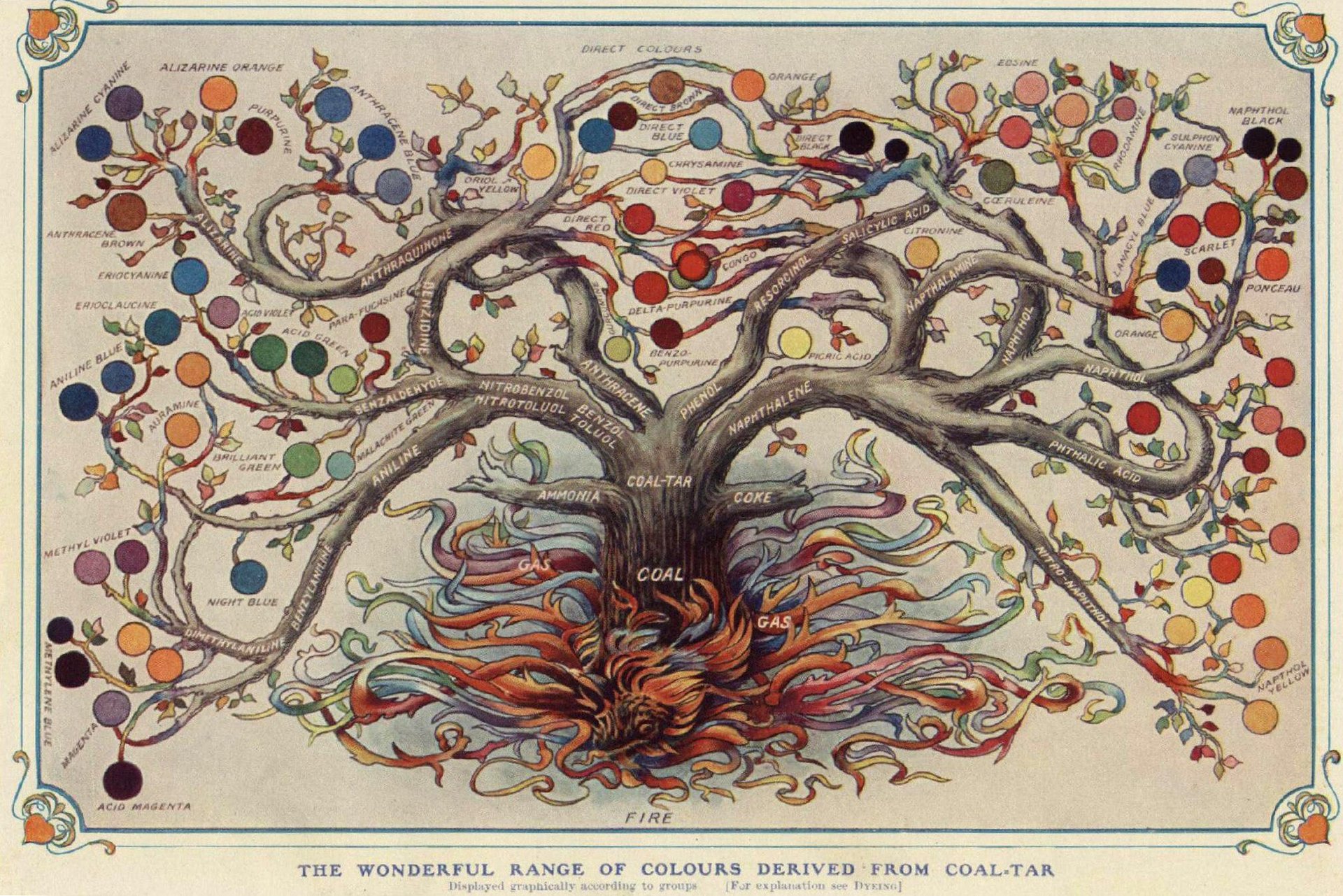The Race to Zero Emissions: The rich chemistry of coal
This week we’re publishing a field guide on the future of coal in India. So briefly, the newsletter will revert back to its original form: giving you a deeper perspective on an issue of global importance that I’ve spent the past few months working on.

This week we’re publishing a field guide on the future of coal in India. So briefly, the newsletter will revert back to its original form: giving you a deeper perspective on an issue of global importance that I’ve spent the past few months working on.
Coal is the dirtiest fossil fuel. As we explain in today’s story for Quartz’s field guide on coal in India, more than half the elements of the periodic table have been detected in coal at one time or another. That means mining and burning coal releases all sorts of noxious stuff into the environment.
Beyond these toxins, coal also produces more greenhouse gases for every unit of heat it supplies than any other fossil fuel. Though the planet still has plenty of coal, it’s clear we should keep as much of it in the ground as possible.
But coal’s many sins shouldn’t be used to forget the value it has offered to humanity. Coal powered the industrial revolution and it continues to pull people out of poverty in much of the world. Crucially, during the 17th and 18th centuries, coal helped create the carbon-based branch of chemistry we call “organic chemistry,” which I studied to gain my PhD from the University of Oxford. Organic chemists have won one in five of all Nobel Prizes in chemistry awarded over the last 120 years.
When coal is heated in the absence of air, its complex mixture breaks down into simpler forms called “coal tar.” These chemicals—such as benzene, toluene, naphthalene, anthracene, and phenol—form the basis for perfumes, explosives, and medicines. The black, smelly, liquid coal tar has been used to create the myriad of beautiful dyes you can see in the image below.

Coal is still used by countries like China to produce the bevy of chemicals we use on an everyday basis, from plastics to mattress foam and detergents to self-care creams. But technological progress means, most of the world has moved beyond using coal as the basis for the carbon molecules that can make those valuable chemicals. Instead, they’re relying on crude oil: easier to handle, more efficient to repurpose, and leaves behind fewer emissions.
As we take on the climate challenge, we’ll have to find more sustainable ways of fueling our carbon-heavy lives. Until then, dirty fossil fuels will remain a large part of the solution.
Field guides, like the one we’re publishing this week on India’s coal addiction, are a key part of Quartz’s membership. You can use promo code AKSHAT8487 at checkout to secure a 50% discount. Thank you for your support!